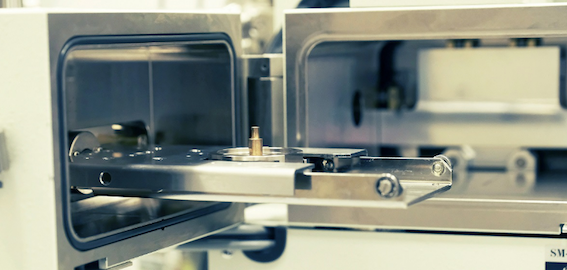
For the first time since it was proposed over 80 years ago, scientists from Nanyang Technological University, Singapore (NTU Singapore) have demonstrated the phenomenon of “quantum recoil”, which describes how the particle nature of light has a major impact on electrons moving through materials.
Making quantum recoil a practical reality should eventually allow businesses to more accurately produce X-rays of specific energy levels, leading to superior accuracy in healthcare and manufacturing applications such as medical imaging and flaw detection in semiconductor chips.
The NTU scientists have filed a patent based on the recoil results and earlier research on producing X-rays by using inorganic compounds about the size of computer chips exposed to moving electrons.
The patent indicates an approach to making smaller table-top sized machines that can be cheaper and tuned to produce specific X-ray energies accurately. Tuneable X-ray machines would give biomedical imaging a significant boost. Typically in healthcare settings, X-rays are produced over a wide energy range for general imaging applications. But with a tuneable X-ray machine, a narrow range of X-ray energy can be generated. This ability to tune the X-ray source to a specific narrow range of energies opens up a new area of biomedical imaging applications.
Singapore medical diagnostics equipment manufacturer CTmetrix has applied to use the NTU patent to develop more compact and precise tuneable X-ray machines for the biomedical imaging of human tissue samples. The company is aiming to have a prototype ready by the end of 2023.
Image caption- A sample in a scanning electron microscope used in Nanyang Technological University, Singapore's quantum recoil experiments. (Credit: NTU Singapore)




